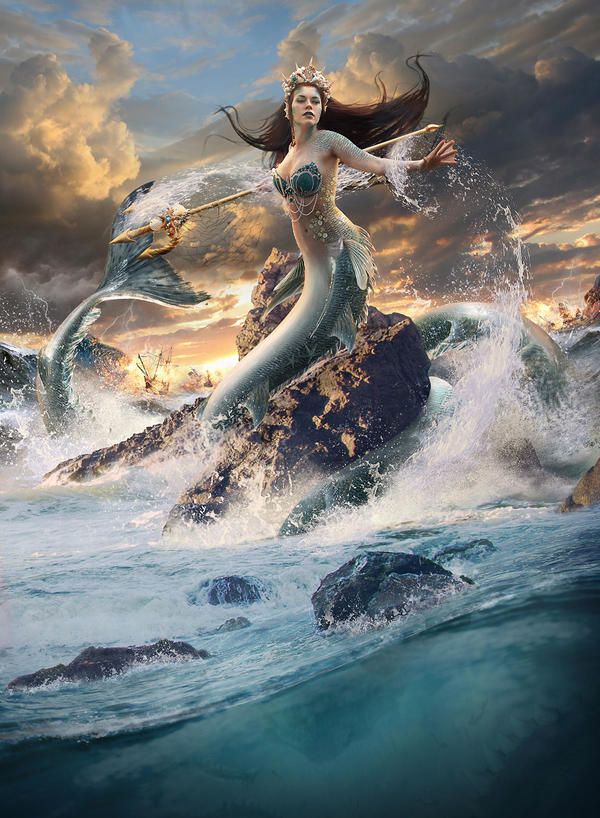Fish, as creatures of the watery depths, have long fascinated humans, inspiring a rich tapestry of myths, legends, and symbolism across various cultures around the globe. These stories often reflect the relationship between people and their environment, as well as the spiritual and philosophical beliefs that have shaped human history. From the mighty oceans to the smallest streams, fish have played a significant role in the folklore and mythology of many civilizations.
Ancient Mesopotamia and the Goddess Atargatis
In ancient Mesopotamia, the goddess Atargatis was revered as a deity of fertility and water. According to legend, she fell in love with a mortal shepherd. Overwhelmed by her emotions, she killed her lover and, in despair, tried to take her own life. The gods, however, intervened and transformed her into a being with the upper body of a woman and the lower body of a fish. This myth highlights the themes of transformation, fertility, and the sacredness of water.
Egyptian Mythology and the Nile
The Nile River was the lifeblood of ancient Egypt, and its annual flooding was crucial for agriculture. The Egyptians worshipped several fish deities, including Hatmehyt, a warrior goddess represented as a fish, and Oxyrhynchus, a fish-god associated with the city of the same name. These deities were believed to bring prosperity and protection to their followers.
Greek Mythology and the Golden Fish
In Greek mythology, the story of Aphrodite and her son Eros (Cupid) transforming into fish to escape the monster Typhon is a tale of protection and escape. The two gods held onto each other with a ribbon as they swam, symbolizing their bond. This myth is commemorated in the zodiac sign Pisces, representing duality, adaptability, and the connection between the material and spiritual worlds.
Native American Traditions
Among the Native American tribes, fish often symbolize abundance, fertility, and the cycle of life. The Salmon people, for example, have stories that honor the salmon as a gift from the Creator, teaching respect for nature and the importance of living in harmony with the environment. These stories often involve the First Salmon ceremony, a ritual of thanksgiving and respect for the salmon’s sacrifice.
The Christian Fish Symbol
In Christianity, the fish has been a symbol of faith since the early days of the religion. The Greek word for fish, “ichthys” or “ichthus,” is an acronym for “Jesus Christ, Son of God, Savior.” Early Christians used the fish symbol to identify themselves to others in a time when their faith was persecuted. Today, the fish symbol remains a popular emblem of Christianity, representing baptism, abundance, and the feeding of the multitude.
Japanese Folklore and Koi Carp
In Japanese culture, the koi carp is a symbol of courage, perseverance, and good fortune. According to legend, a koi carp swam upstream and leaped over a waterfall, transforming into a dragon, a symbol of power and excellence. This story, known as “The Legend of the Koi and the Dragon,” encourages individuals to overcome obstacles and achieve their goals.
Conclusion
Fish in myth and legend are more than just aquatic creatures; they are symbols of deep cultural, spiritual, and philosophical significance. From the ancient civilizations of Mesopotamia and Egypt to the indigenous peoples of the Americas and the religious traditions of Christianity, fish have played a pivotal role in the stories that shape our understanding of the world. These myths and legends remind us of the interconnectedness of all life, the importance of respecting our environment, and the enduring power of storytelling to convey universal truths.
